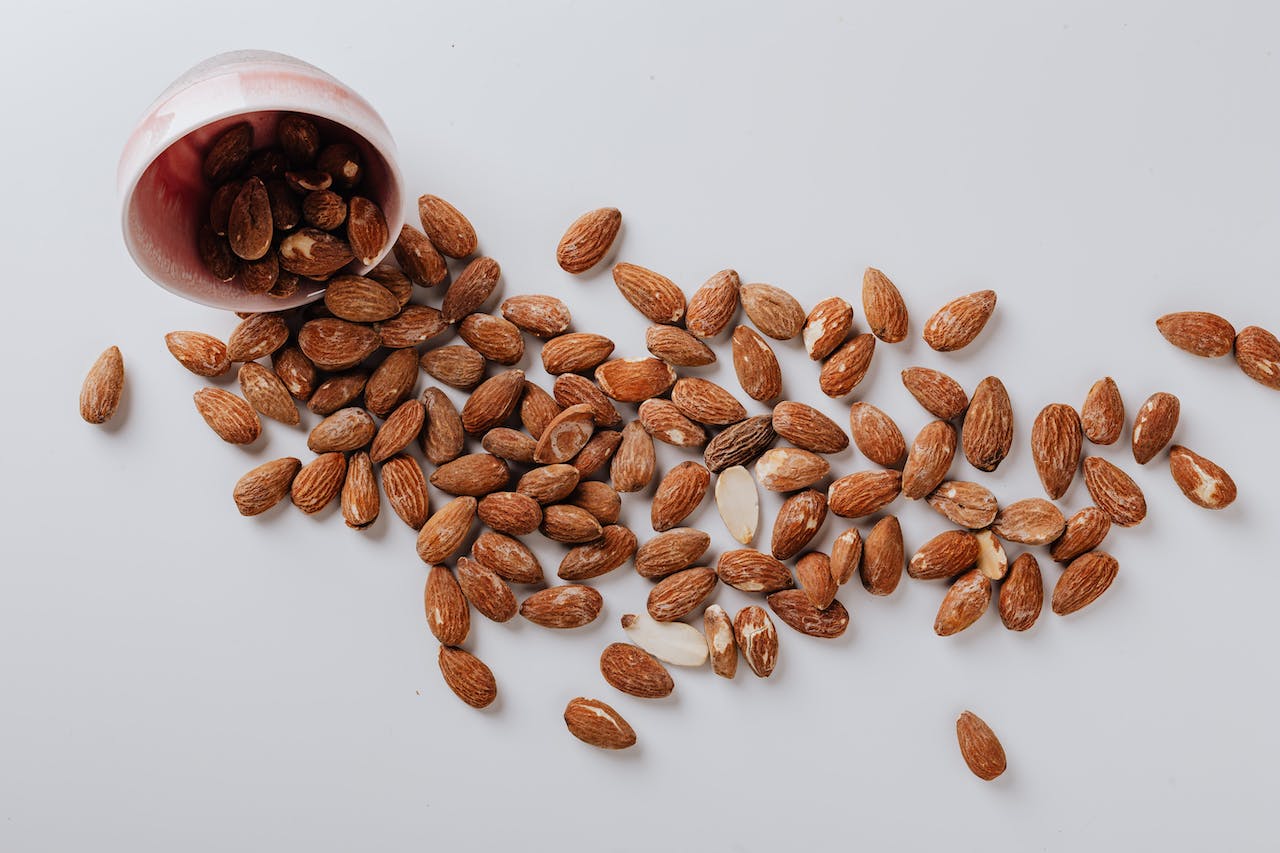Chronic Kidney Disease (CKD) poses unique challenges to individuals striving to maintain optimal health. One crucial aspect of managing CKD is understanding the appropriate protein intake to support the body's needs without putting additional strain on the kidneys. In this comprehensive article, we will delve into the intricacies of how much protein a CKD patient should consume daily. We will explore the current scientific consensus, examine case studies, and provide practical insights to help individuals navigate this critical aspect of their dietary management.
Protein and Chronic Kidney Disease: Finding the Balance
The Delicate Balance: Protein Intake and Kidney Function
Maintaining a delicate balance between protein intake and kidney function is paramount for individuals with CKD. The kidneys play a crucial role in filtering waste products from the blood, and protein metabolism produces waste that needs to be excreted through these organs. Consequently, determining the optimal amount of protein for CKD patients involves considerations of both nutritional needs and the capacity of the kidneys to handle waste.Current Scientific Guidelines
The National Kidney Foundation (NKF) recommends that individuals with CKD should tailor their protein intake based on the stage of their condition. In the early stages (stages 1-3), protein restrictions are generally not stringent. However, as CKD progresses to later stages, a reduction in protein intake might become necessary to mitigate the risk of further kidney damage. A study published in the "Journal of Renal Nutrition" suggests that a moderate protein intake of 0.55 to 0.6 grams of protein per pound of body weight per day may be appropriate for most CKD patients. This aligns with the NKF's guidelines, emphasizing the importance of personalized dietary recommendations based on individual health status.Individual Variability: Tailoring Protein Intake to Unique Needs
It's essential to recognize that the protein needs of CKD patients can vary significantly based on factors such as age, gender, activity level, and the presence of other health conditions. A study published in the "American Journal of Kidney Diseases" highlights the importance of individualized nutrition therapy for CKD patients, taking into account their specific circumstances.Factors Influencing Protein Requirements
- Stage of CKD: As CKD progresses, the kidneys' ability to excrete waste diminishes, necessitating adjustments in protein intake.
- Nutritional Status: Malnutrition is a common concern for CKD patients, and adequate protein intake is crucial for maintaining muscle mass and overall nutritional well-being.
- Physical Activity: Active individuals with CKD may have higher protein requirements to support muscle maintenance and repair.
Navigating Dietary Choices: High-Quality Proteins for CKD Patients
Choosing the right sources of protein is as important as determining the quantity for CKD patients. Opting for high-quality proteins can provide essential amino acids without overloading the kidneys with excess waste products.Recommended Protein Sources
- Lean Meats: Skinless poultry, fish, and lean cuts of meat are excellent sources of protein with lower phosphorus content, supporting CKD patients in managing mineral imbalances.
- Dairy Alternatives: For those with lactose intolerance or seeking non-dairy options, plant-based milk and fortified alternatives can contribute to protein intake without the drawbacks associated with certain dairy products.
- Eggs: A versatile and easily digestible protein source, eggs provide essential amino acids while being relatively low in phosphorus.
Strategies for Practical Implementation
Consulting with Healthcare Professionals: The Foundation of Dietary Management
Dietary decisions for CKD patients should not be made in isolation. Collaboration with healthcare professionals, particularly registered dietitians specializing in renal nutrition, is paramount. These experts can conduct a thorough assessment of individual health status, dietary habits, and nutritional requirements, tailoring recommendations to suit the unique needs of each patient.The Role of a Registered Dietitian
- Personalized Nutrition Plans: A registered dietitian can create a customized nutrition plan, considering the patient's stage of CKD, coexisting conditions, and preferences.
- Regular Monitoring: Ongoing monitoring of dietary adherence and adjustments as needed are crucial components of successful dietary management for CKD patients.
Tracking Protein Intake: Empowering CKD Patients
Empowering CKD patients with the knowledge and tools to monitor their protein intake is instrumental in achieving dietary goals. Utilizing food diaries, mobile apps, or working with a nutritionist can help individuals keep track of their daily protein consumption and make informed choices.Educational Resources
- Nutritional Labels: Understanding how to read nutritional labels enables CKD patients to identify the protein content in various foods, facilitating informed decision-making during grocery shopping.
- Meal Planning: Planning meals in advance allows individuals to balance protein intake throughout the day, preventing excessive consumption in a single meal.
Fluid Management: A Crucial Aspect of CKD Dietary Care
In addition to protein considerations, fluid management is a key element of CKD dietary care. Adequate hydration is essential, but excessive fluid intake can strain the kidneys. Striking the right balance is vital for overall health and kidney function.Practical Tips for Fluid Management
- Regular Monitoring: CKD patients should monitor their fluid intake, considering not only beverages but also the water content in foods.
- Individualized Recommendations: Healthcare professionals can provide personalized recommendations on the appropriate fluid intake for each patient based on their specific health status and dietary requirements.

